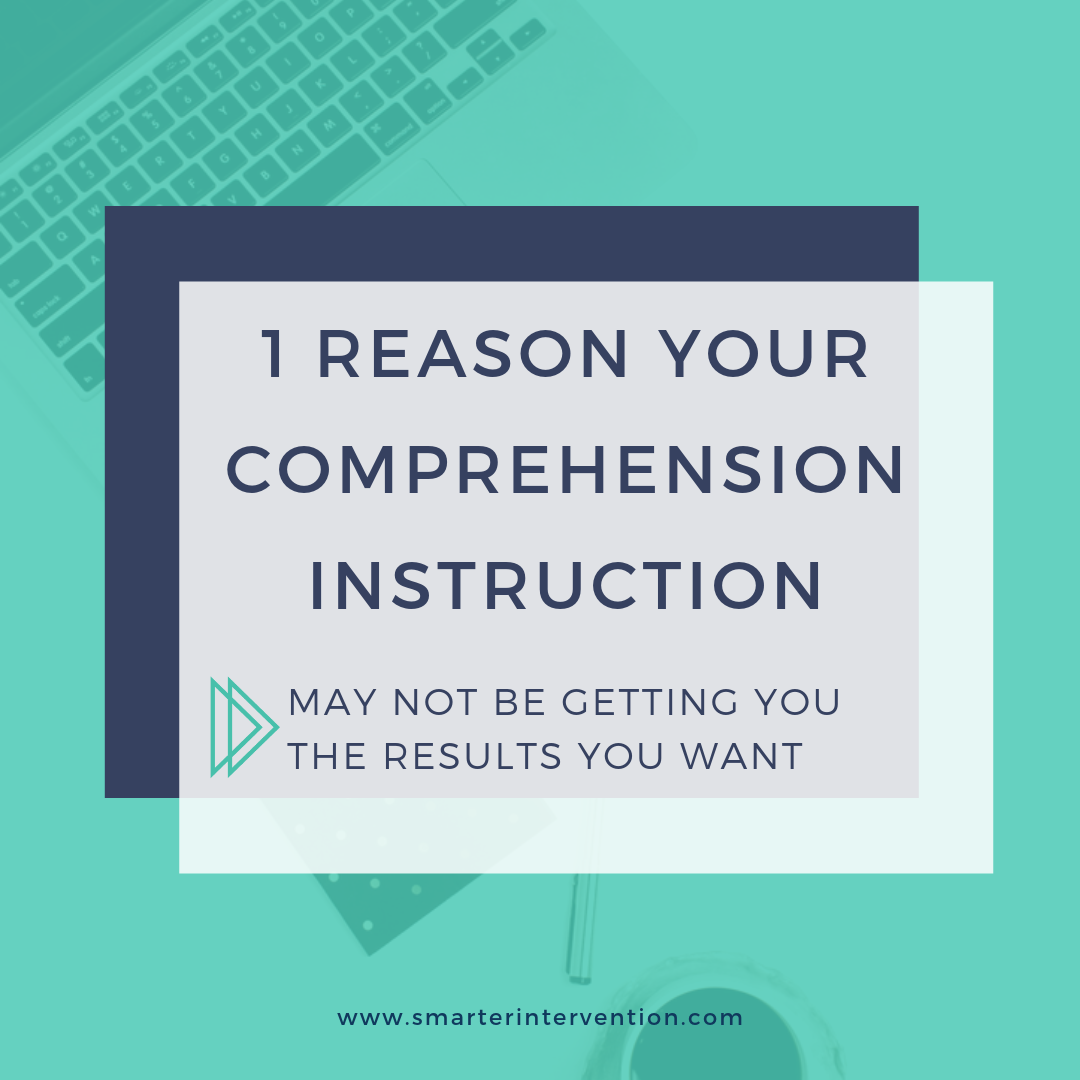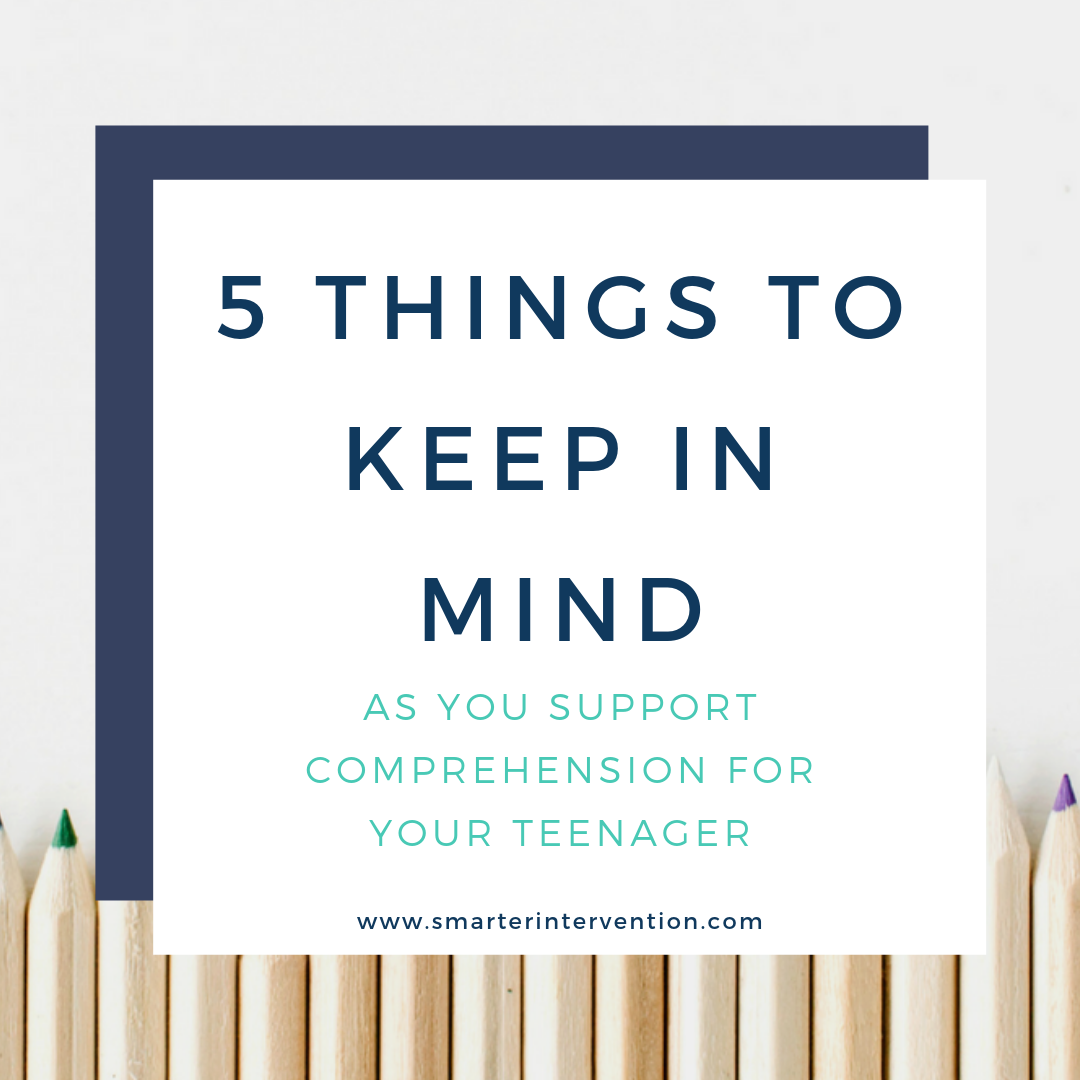Science-based literacy resources and articles
for families, educators and schools
Search by Category:
Categories
- Advocacy
- Authentic Literature
- Business
- Comprehension
- Data Tracking
- Differentiation
- Dyslexia
- Evaluation and Assessment
- Executive Functioning
- Games & Activities
- Helping My Child At Home
- How To
- IEP/504 Plan
- Lesson Planning
- Math
- Online Intervention
- Organization
- Parents
- Phonics
- Phonological Awareness
- Reading Comprehension
- Reading Fluency
- Research
- SLP
- Spelling
- Vocabulary
- Writing
4 Ways to Support Visual-Motor Skills
Discover how to nurture visual-motor skills in students effectively! Learn the signs of poor visual-motor skills, from handwriting issues to challenges with hand-eye coordination. Explore practical strategies for the classroom, including handwriting tasks, visual scanning activities, and more. Early intervention is key—empower your students with strong foundational skills!
3 Tips For Teaching Your Child The Alphabet At Home
If you have a Pre-School or Kindergarten aged child, then you are aware that a large part of their reading readiness instruction at school is focused on the alphabet. The alphabetic principle is one of the first, and most important, skills a student needs to learn in order to be a successful reader.
The alphabetic principle means developing the understanding that letters are symbols that have a specific sound or sounds.
The Secret You Need To Know Before Teaching Your Child The Alphabet
Unveil the secret to teaching the alphabet effectively! Discover how to connect letters to sounds, foster phonemic awareness, and enhance literacy skills. Explore hands-on activities and strategies for early literacy success.
Suspect Dyslexia? The Time to Talk to Parents is Now!
Prepare your students for summer with strategies to combat the dreaded "summer slide" and prevent learning loss. Learn how to identify signs of dyslexia and guide families toward appropriate testing and intervention to ensure a successful new school year.
1 Reason Your Comprehension Instruction May Not Be Getting You The Results You Want
Unlock the secrets to effective comprehension instruction! Learn how to craft measurable goals that go beyond personal connections and questioning to truly enhance students' understanding of text. Explore practical strategies like using graphic organizers and precise measurement tools to foster deeper comprehension skills.
Better Reading Goals for Your Child's IEP
After you have fought long and hard for your child's IEP - you want to make sure that the goals your child's intervention team are working on actually make sense. It's easy to fall into the trap thinking that once your child's IEP is in place everything will be taken care of, but unfortunately, more often than not - it just isn't the case. In case you missed it - we talked about 3 Reasons Your Child Isn't Understanding What She Reads.
5 Things to Keep in Mind as You Support Comprehension for Your Teenager
All things change right...from having your little one on your lap to having a moody teenager that believes nothing you do is good or right. Well just as they change - the strategies we use to help them must also change. Unfortunately for many readers, especially struggling readers - the struggle to fly under the radar and just keep up in the classroom, came at the cost of actually developing strategies and supports that would help them really understand their reading.
Moving Beyond Questions to Assess Comprehension
Enhance comprehension beyond simple questions! Learn how to foster deeper understanding through implicit and explicit questioning, vocabulary development, and strategic instruction. Explore methods like Webb’s Depth of Knowledge model and assessment tools to drive meaningful comprehension goals.
5 Things to Keep In Mind as You Read to Your Little Ones
Bed time stories can be such a treasured part of the family routine for young children. The ability to listen to stories and imagine and learn new words is truly magical. However, sometimes as parents, we may find ourselves going through the motions and missing out on some of the deeper level connections and meaning we could begin modeling for our children.
Here are a few strategies and things you can be thinking about as you are reading with your child. Keep in mind, you don't have to be presenting ALL of the strategies EVERY time you read. Pick and choose so it doesn't feel like it has become a school lesson :)
Comprehension Strategy Instruction Should be a Spiral
Discover effective comprehension strategies! Learn how explicit instruction enhances understanding through direct explanation, modeling, guided practice, and application. Explore our grade-based strategies to empower students at every level. Download our free guide aligned with Common Core State Standards for targeted instruction.
3 Reasons Your Child Isn't Understanding What She Reads
We know that comprehending what we read is the sole purpose of learning HOW to read. But surprisingly schools have placed a heavy emphasis on how quickly children read instead of how effectively they are comprehending the material they are reading. While your child may awe you with their oral language abilities (their ability to tell you about complex things going on in the world) you might be surprised to find that your child's reading comprehension skills are breaking down. :
The 4 Most Common Reasons for Breakdowns in Comprehension
Discover the 4 common reasons for breakdowns in reading comprehension! Learn how weak decoding skills, limited background knowledge, inadequate vocabulary, and poorly developed strategies hinder understanding. Explore our blog for effective comprehension strategies and free resources.
A Fun Way to Support Phonological Awareness at Home
Research is very clear that Phonological Awareness is a foundational strategy for students to obtain the necessary literacy skills to read and spell effectively and efficiently. However, teaching older students phonological awareness skills can be difficult because many of the resources out there are geared towards younger students and the images, worksheets, and resources can be insulting to older students.
Phonemic Awareness & Phoneme Segmenting for Older Students
We know the importance of phonemic awareness for our young students - but we absolutely cannot forget about this literacy skill when it comes to working with our older students!
The Best Strategy When Spelling Words Aren't Sticking...
As a parent, it can be incredibly frustrating to watch your child struggle through the weekly spelling word lists. Depending on what type of list is coming home this can be pure torture.
Hopefully your child is receiving a patterned list that follows one concrete pattern like "Magic E" in which you might get a list including words such as take, home, sale, date, note, etc. or words that follow more complex patterns like night, sight, sleigh, neighbor in which "igh" says I and "eigh" says A.
Important Foundations for Successful Reading & Writing: Phonological Awareness
We wanted to dive into some of the core components of literacy (reading and writing) in order to help you, as parents, continue to support your children in developing solid literacy foundations at home. We know there is a lot of jargon surrounding the field of education so we want to try and break that down for you.
5 Signs the Homework Battle is Actually Something More
If you are fighting over homework every night - it's time to figure out what is going on. Often well meaning parents and teachers attribute a student's difficulty finishing or completing work to laziness, but the reality is that is just rarely ever the case. It's important that parents don't lose out on a more positive relationship with their child and get to the bottom of the homework struggle as quickly as possible. Often this struggle is caused by an unidentified learning disability - by identifying the core cause of the difficulties and outlining a plan you could change the future for your child.
Is Ear Reading Really a Thing?
A hallmark of dyslexia is an inconsistency between a child’s reading level and oral language level. Often, dyslexic students are highly verbal; talkative, inquisitive, articulate, and have amazing vocabularies!
One of my all-time favorite students who happened to be dyslexic had the most amazing vocabulary as a young student, he still does today! He would hear a new word used in the context of a book or adult conversation and immediately add it to his repertoire.



















